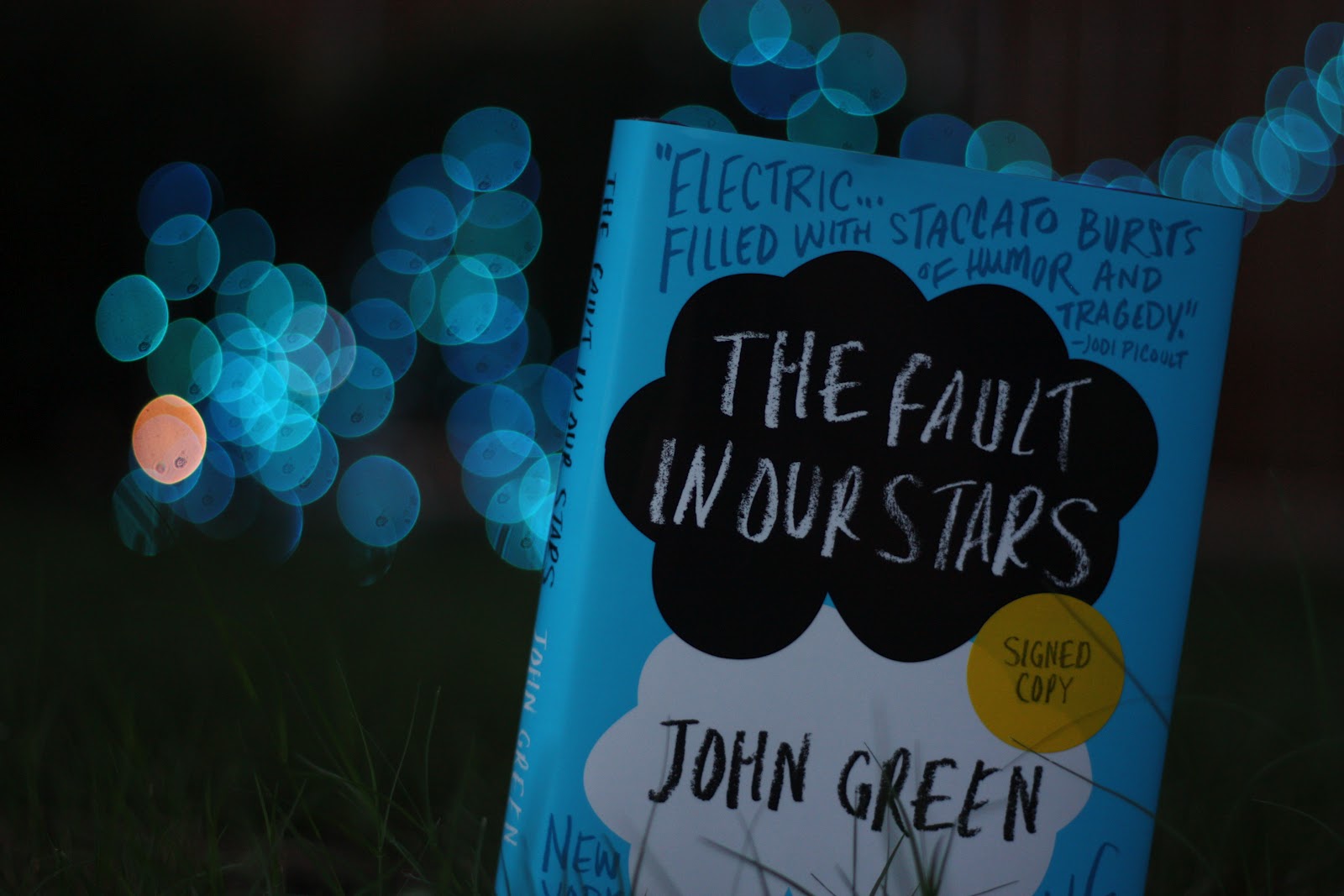I've been reading a lot of Young Adult (YA) fiction recently, just to see what it's like - books such as the Hunger Games trilogy, the Divergent trilogy, The Bell Jar, and three titles by John Green, The Fault in Our Stars, An Abundance of Katherines, and Paper Towns. It's been a great ride. And I've especially enjoyed the story telling techniques of John Green. I loved the characters in his tale about young cancer kids, The Fault in Our Stars (made into a major motion picture), but really disliked the bleak philosophy that he chose to put in, underlying it, a world view which was too easy for the narrative, and in my view, unearned. An Abundance of Katherines is about a road trip two friends take, driving the interstate from Chicago, and they end up in Tennessee. One of them has only dated girls named Katherine. Until now. Hence the title.
Perhaps the most interesting of Green's books is Paper Towns (soon to be released as a major motion picture), set in Orlando. A group of high school seniors is approaching prom and graduation. The narrator is one of them, and is smitten with a girl in his class he's known since elementary school. But he's a geek, and she's super popular, and he mostly views her from afar, until these last days of school, when she suddenly includes him as her driver and support on a long night of revenge pranks aimed toward the boyfriend who has cheated on her, and the girl who lured him away, along with anyone who likely knew and didn't tell her what was going on. She turns out to be a master of the grand gesture and the intricately magnificent prank. She's courageous, intelligent, over-the-top creative, and stunningly beautiful, and our narrator falls deeply in love with her. Or does he? She suddenly disappears, leaving home and school with no explanation, but she sprinkles what look like clues around the neighborhood, using Woody Guthrie lyrics, Bob Dylan songs, and Walt Whitman's Leaves of Grass as sources of code and dark hints that seem to point toward an impending suicide. There is a desperate search on the part of the narrator and his best friends, a wild road trip from Orlando up I-95 to New York State, and unexpected discoveries that surprise the reader as much as the kids.
The main theme of the story seems to be as important as it is simple.
We often think we know who people are, and in reality we've just been misled by surface appearances. We come to love, or admire, or respect, or resent, or despise mere caricatures that we mistake for real people. We judge books by their covers, people by their appearances, and situations by their most obvious, and often misleading, interpretations. We think we know, when we don't. We rush, then jump, to conclusions in ways that can eat up our time and mess up our lives.
The book's narrator learns, and shows us, the wisdom of not rushing to judgment or letting our emotions dash about on their own, disconnected from the true realities to which they should be responding. I came away from the book with a renewed sense of the importance of pausing, waiting, and looking twice before passing judgment too quickly on anything that catches my eye. Not a lot in this world is exactly what it at first seems.
Wisdom is not easily misled by surface appearances. Wisdom digs deep. It embraces truth. It can wait to see what's what.
Paper Towns was a fun read, and insightful. You might enjoy it as a light summer book. Click on the title to see it on Amazon.














